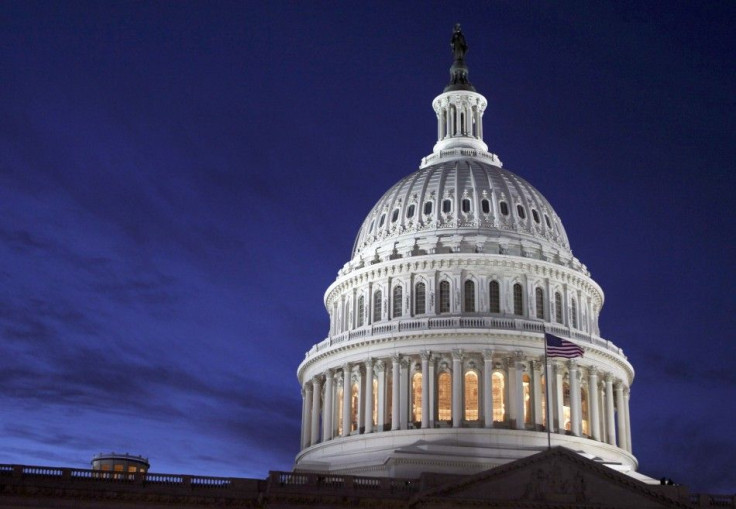House approves debt deal a day before deadline

The House of Representatives on Monday approved an 11th-hour deal to raise the borrowing limit, clearing the biggest hurdle to averting a potentially catastrophic debt default.
Just one day before the deadline to lift the debt ceiling, the passage by 269 votes to 161 by the Republican-controlled House paved the way for an expected approval in the Senate of a $2.1 trillion deficit-cutting plan hammered out over the weekend.
The Democratic-led Senate was expected to vote on the plan on Tuesday.
Financial markets worldwide have been rattled by uncertainty over whether the compromise plan could pass the House in the face of objections from conservative Tea Party Republicans and from liberal Democrats.
Having a deal in place by Tuesday to raise the U.S. government's $14.3 trillion borrowing limit will remove the risk of the United States not being able to borrow money to pay all of its bills.
A debt default by the world's largest economy would send shockwaves through the international economic system.
In the hours leading up to the House vote, Republican and Democratic leaders worked furiously to sell their rank-and-file on a deal reached with President Barack Obama in a bid to end an acrimonious impasse that has undermined Americans' faith in their political institutions and hurt America's image abroad.
But fears remained that the United States could still be hit by a damaging credit ratings downgrade, which would raise U.S. borrowing costs, threatening a fragile economic recovery and rattling global investors.
The compromise plan calls for spending cuts over 10 years but no new taxes, creates a powerful new congressional committee to recommend a deficit-reduction package by late November and raises the U.S. borrowing limit into 2013.
It was hard to identify winners in a bitter fight that appeared to be finally winding toward a conclusion after Sunday's compromise agreement.
Obama had to accept deeper spending cuts than he wanted and will have to defend them to his liberal base during his campaign for re-election in 2012, but he could win points with moderates and independents he needs to win a second term.
Boehner, the top U.S. Republican, got cuts he demanded without immediate tax increases, but had to fight an image of being inflexible and a captive of his party's Tea Party wing.
Americans anxious to reduce the country's 9.2 percent jobless rate became increasingly frustrated as the debate raged on through the summer.
© Copyright Thomson Reuters 2024. All rights reserved.











